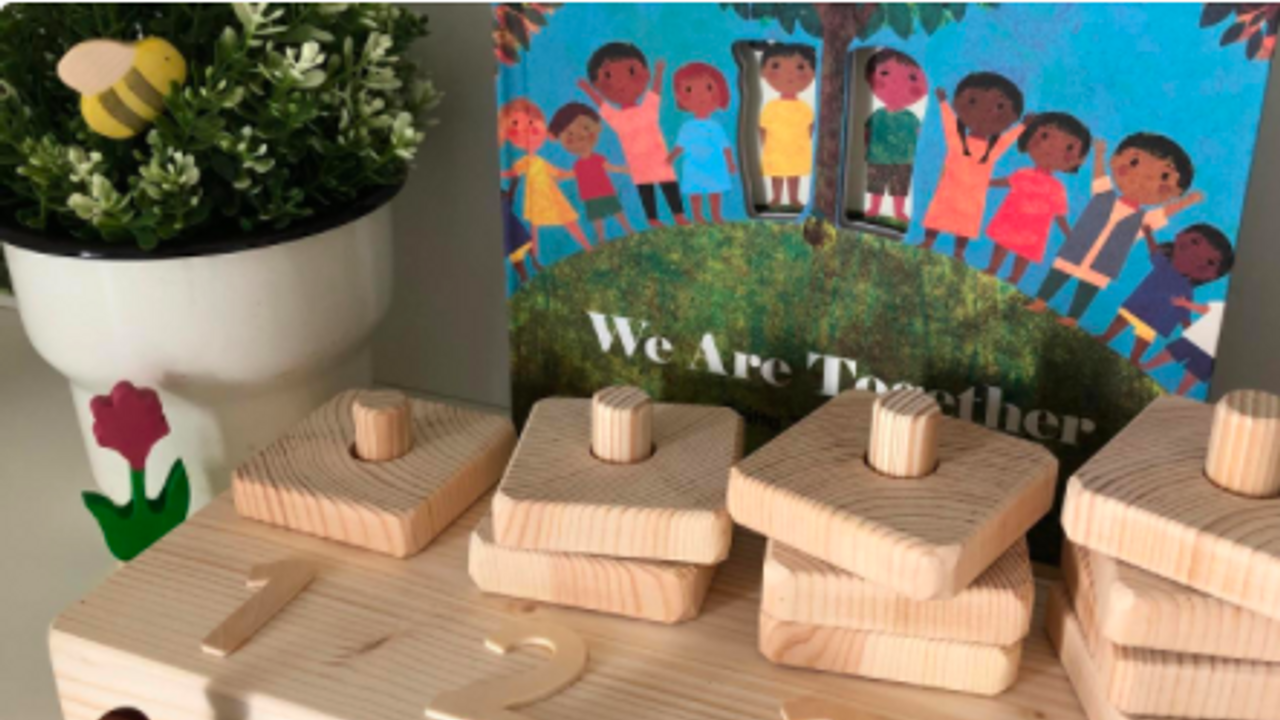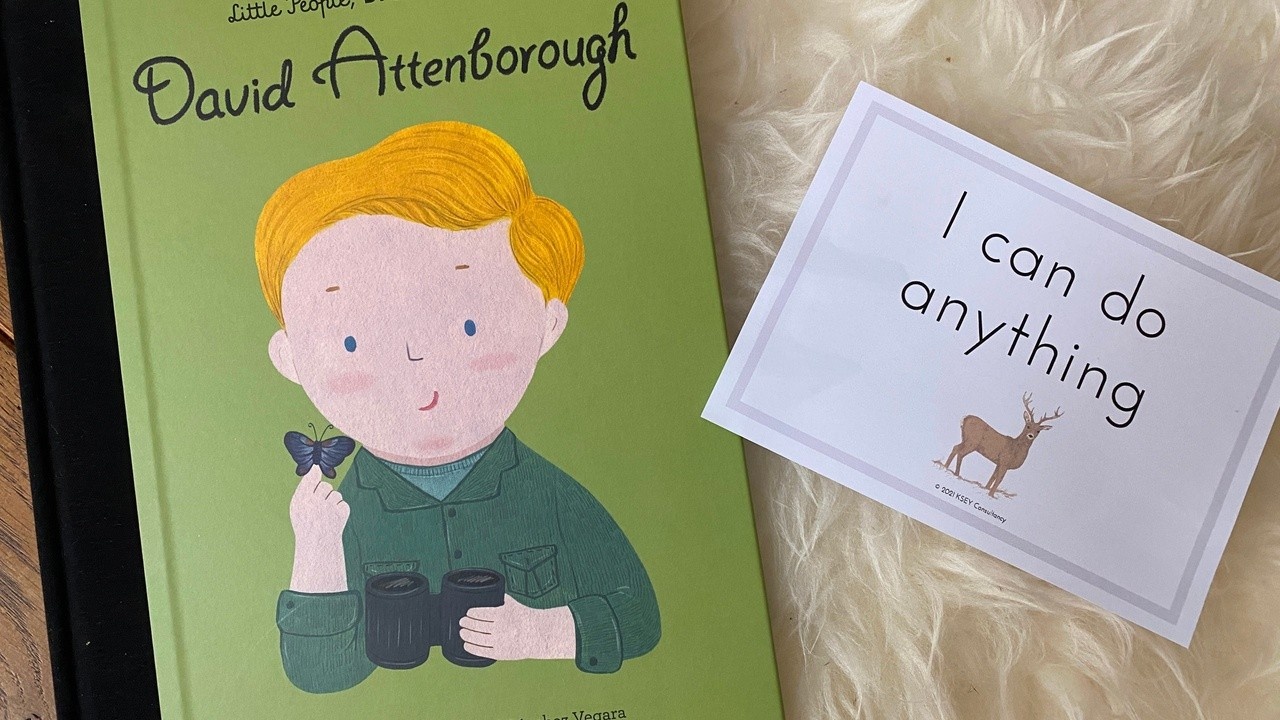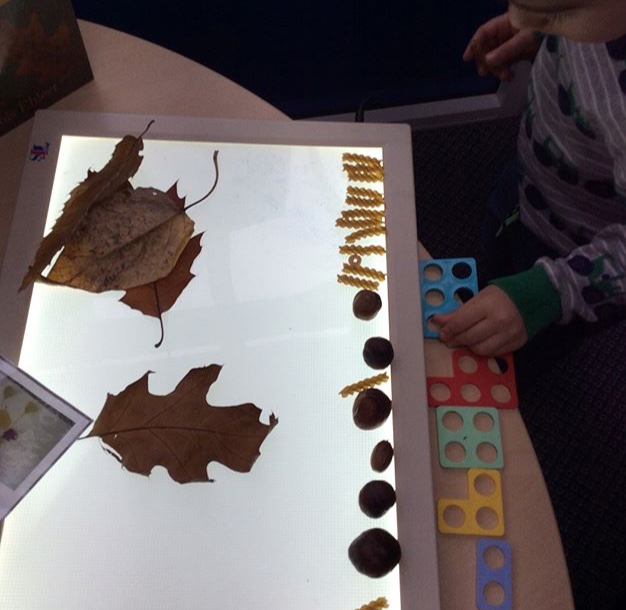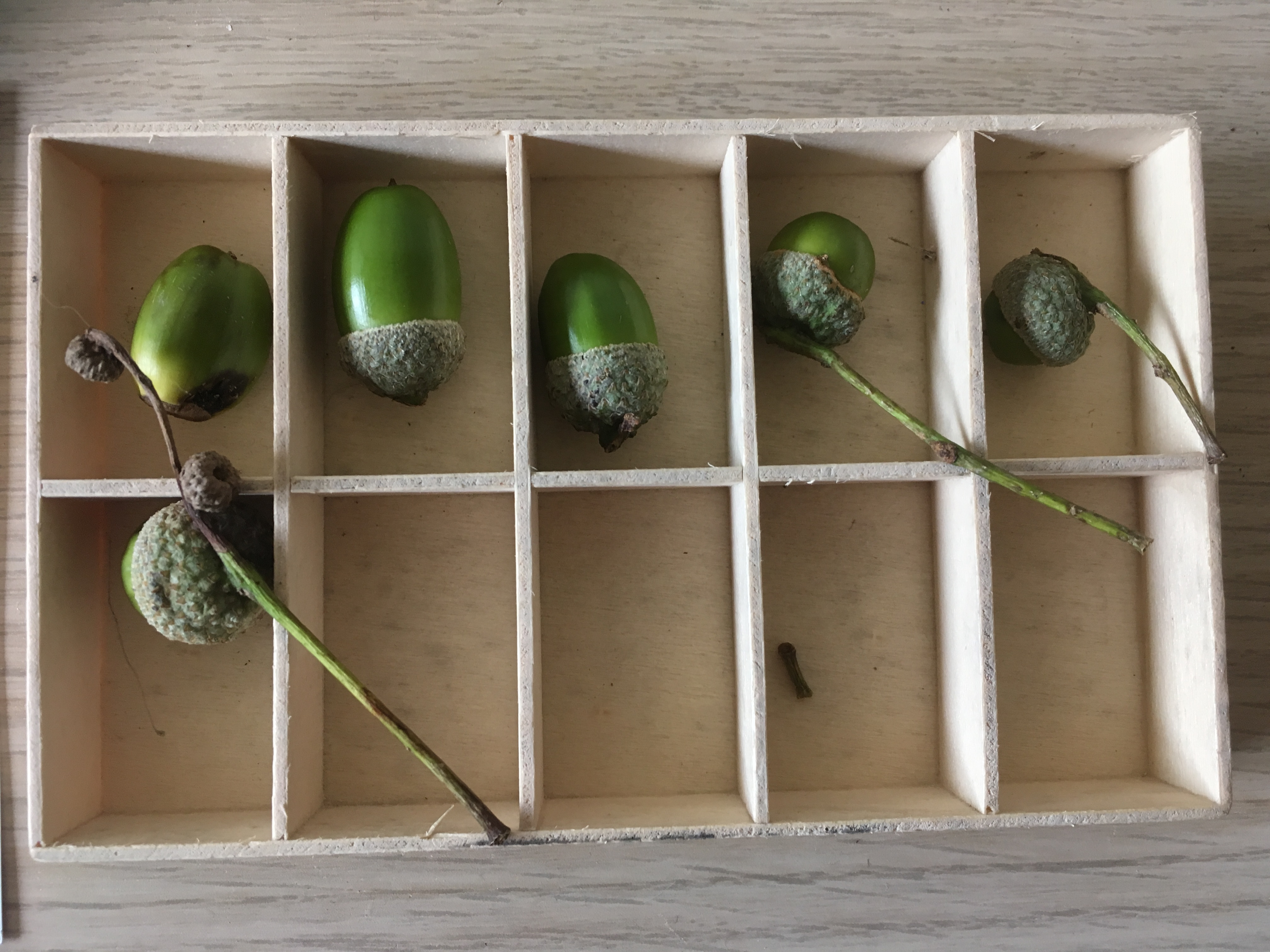Blog
“Strive to make everyday the best day of your life, because there is no good reason not to.” Hal Elrod
"Before I can be the best Mum or Childminder, I need to look after myself, and continue to do so everyday"

By my member Liane
I found the first module, re-balance the most useful for me personally. It really has given me a reminder that before I can be the best Mum or Childminder, I need to look after myself, and continue to do so everyday, even when life gets busy. I have tried to slow myself down and to introduce some Hygge moments into every day. I found that sometimes I was just so busy and worrying about everything, that I had stopped enjoying the little things. I have started to crochet a blanket, this is something that I am finding very relaxing and really enjoying to help de stress.

I have also made some alterations to my home, particularly my living room. The lighting was overhead and really bright, with one small lamp. I have added fairy lights into my living room to make me feel cosy in the evening, I have noticed what an impact the lights can have on the environment and the general mood. Switching off the over head light and using the fairy lights and lamp is warm,...
Natural Maths: 5 Ways

How could you use natural numbers in learning and play?
1. Add your natural Aster numbers to your woodland kitchen (available here)
2. Make a number line and add them to a washing line. Take a number away and ask the children which number is missing how they know that's the missing number? Can they put the numbers in order 1-10?
3. Can children correctly match numeral to quantity? Set this up as an invitation to explore with loose parts in a wooden tray.
4. Give each child a natural number card and see if they can collect that number of natural treasures.
5. Can they use the cards to make natural number statements to show their understanding of the number bonds to 10?

For more ideas for teaching early maths see my short course available here.
We don't want to say good bye to the Pine Marten
The Guardian reports that, "nearly half of Britain’s biodiversity has gone since industrial revolution." with a new study carried out by The National History Museum that shows the UK has lost more biodiversity than any G7 country, and is in the worst global 10%.
This shocking report makes us aware that the UK is one of the worst countries in the word at protecting and retaining the natural ecosystems of animals and plants. The Study points it's cause to the fact that the agricultural and industrial revolutions started in the UK. This caused woods and grasslands to be destroyed by machinery to create fields to grow single crops. As well as land being used for housing to increase the size of cities and towns.
This has left many species that were once nation wide now close to extinction. They include the Scottish wildcat, pine martens, natterjack toad, turtle doves and many insects like the cicada. Many other species like the hedgehog are also under threat...
'We've always done it that way!'

"I always try to do what's right for the children but as a leader i'm battling against what my team have always done, even though I know in my heart it's not best practice. I feel exhausted."

Always come back to the child...that's why we do what we do. It sounds harsh and maybe not very hygge but our main job at work isn't to make great friends with everyone. it's to help our children have the very best outcomes possible.
At times this can feel like it's causing friction in the team and that the practice isn't cohesive across the setting. The children then pick up on this and it can also send them mixed messages on rules and expectations.
Here are three things you can try today to bring a more positive way in moving forward together.
1. Go back to your vision
On the Hygge in the Early Years Accreditation I always start the training by coming together as a team and having a shared discussion about how young children learn in your setting and what that looks like as...
Using affirmations with children

What are affirmations?
Affirmations can help young children feel confident and cultivate a positive self-image and are a powerful way of reducing anxiety levels. An affirmation like “I can do anything” just might help your tot keep their cool when they're, say, struggling to dress themselves, using kind hands or having a hard time waiting their turn.
Saying affirmations is a way to practice positive thinking. It usually calls for repeating positive declarations about yourself or your experience.
The idea is to start getting yourself in a mindset where you can catch negative thoughts happening and meet them with positive ones. Eventually, you'll start to believe more of the good things you say about yourself and embody them in real-time.
We want to be able to equip children from a young age with the tools they need to lead a calmer life. I believe that teaching self love and positivity is just as important (if not more!) as teaching Math.
Explaining...
How to feel hygge on a bad day

“You cannot buy the right atmosphere or a sense of togetherness. You cannot hygge if you are in a hurry or stressed out, and the art of creating intimacy cannot be bought by anything but time, interest and engagement in the people around you.”
―
We can all feel more hygge when it's the holidays or the weekend and we're having some time away from our busy schedule. But how do we actually achieve that calm hygge feeling in the middle of our busy working week?
The Danes are very good at making sure they don't just rush through life on auto pilot but actually purposely live their life. After all, life is meant to be lived to the fullest and we don't want to put off the best moments of our life for another time. We must take the approach of doing these things today!
The Danes like to make every day feel special and wonderful by doing something that lights them up. You won't find them saving their 'best' dinner plates for a special occasion,...
Small ways to build nature into your urban setting

“In nature, children learn to take risks, overcome fears, make new friends, regulate emotions, and create imaginary worlds.”
―
I have worked in a number of different locations over the years and some of these have been rural schools set in between farm land in North Yorkshire, to city centre locations and those in the middle of dense housing estates. Each setting has brought it's own benefits and challenges. In one particular school I worked in the EYFS area...
Where can I get Autumn resources from?

I get asked all the time...'Where do you get your resources from?'
Firstly, many of the resources we use in Early Years can be collected, reclaimed or re-used for free. Some of my favourite natural Autumn loose parts are;
- Leaves from different trees and different colours
- Dried leaves and flower petals
- Leaf skeletons
- Twigs of different lengths and thickness
- Acorns
- Pine cones
- Moss
- Bark
- Tree cookies
- Tree stumps
- Pumpkins and squash
- Conkers
I also like to add items like:
- Wooden buttons
- Grapat loose parts
- Cotton reels
- Coloured sheets of felt
- Empty picture frames
- Glass beads
- Numicon

Placemats, mirrors, lightboxes and tinkertrays are all good to include alongside too.
When it comes to buying resources i have always worked in schools and settings with very little money to spend on resourcing. Any money that we did have would be spent on;
1. High quality staffing
2. Block Play resources
3. Books
4. Small world imaginative play
I feel that when we spend our budget in...
How I plan for the start of the Autumn term
When it comes to planning for the first few weeks of the Autumn term with your new children I would focus on prioritising the following:
- Making sure new children feel safe and settled
- Building positive relationships with all children
- Establishing rules and expectations
- Getting children used to the daily routine
If you take a re-watch of my video from my Hygge Summer School you can see that I share the ways I would plan and organise the daily routine at the start of the year in Reception or nursery.
When the time feels right for you and your children you can then start to spark new curiosities and interests by introducing these to the children. As much as I believe lots of what we teach from should come from the children I also understand that there needs to be a balance of us as educators offering the opportunity to broaden the children's knowledge through the exposure to different and new experiences. These might be linked to seasonal changes,...
How Much To Document? and avoiding the observation race!

Documenting the learning that the children are doing is part of the process of being an early years educator. However we don't want to be doing too much that it takes us away from the child and the importance of the learning.
What exactly is documentation? This is the process of recording down the child's learning and responding to this in a way as an educator that allows us to deepen their level of learning or provide challenge.
Although we have many visitors of the blog working internationally, we also have a large proportion of visitors working here in the U.K and with the revised EYFS curriculum as of of September 2021.
Having worked with many educators here in England over the last year, it has come up in many discussions that under the new EYFS 'there is no requirement to document children's learning.'
In this blog post I want to reflect on the value of high quality observations and unpick why there is still a place for these in our every day early years...




